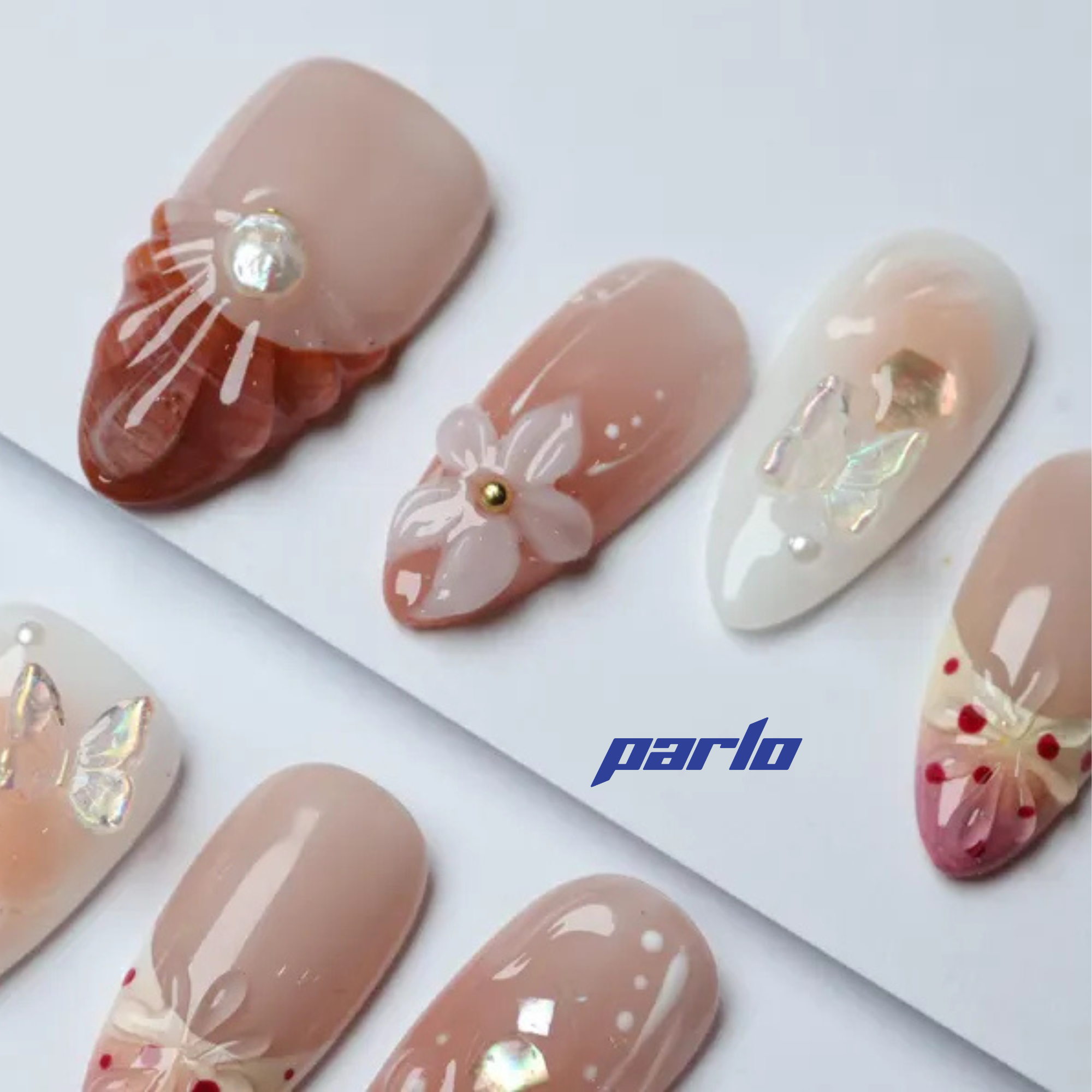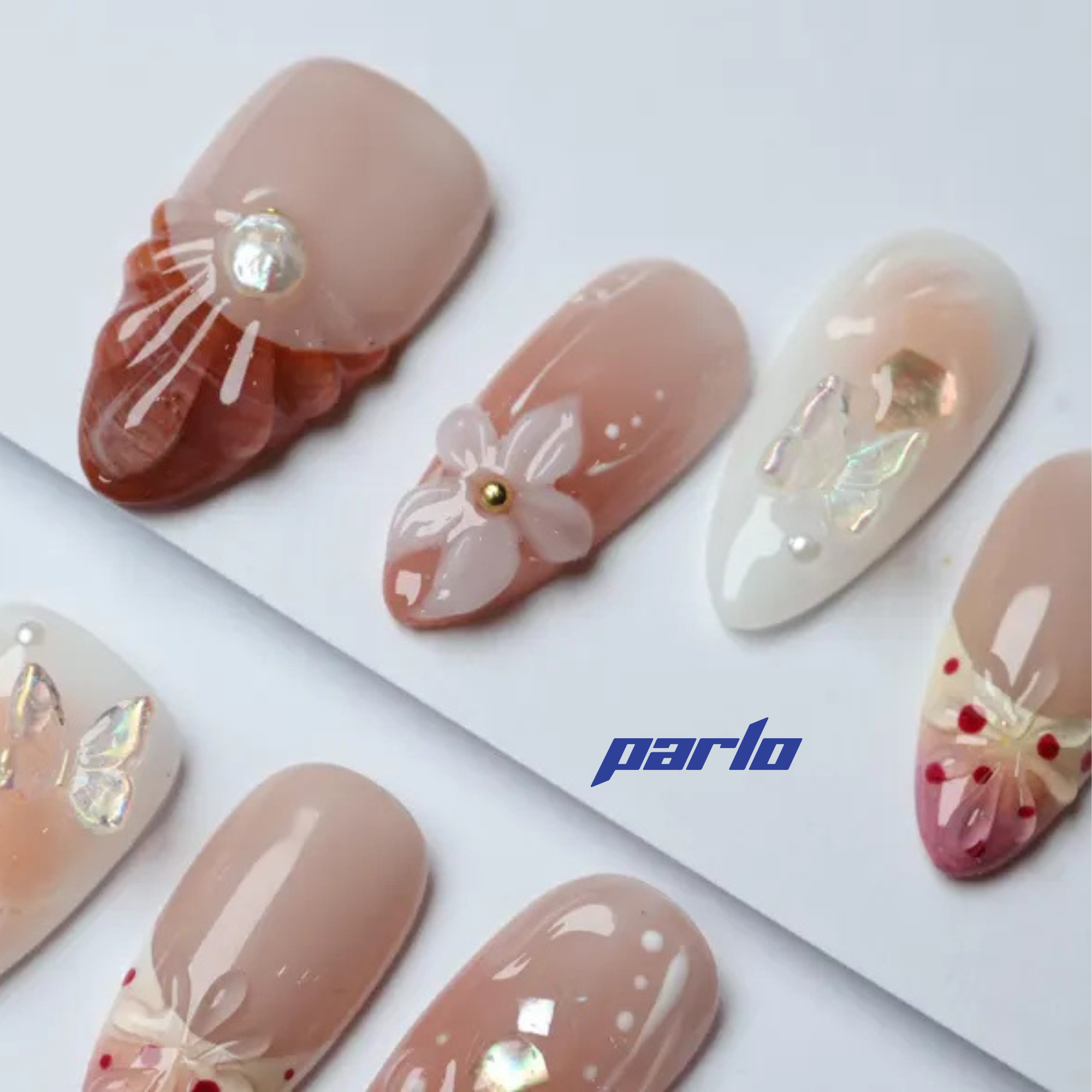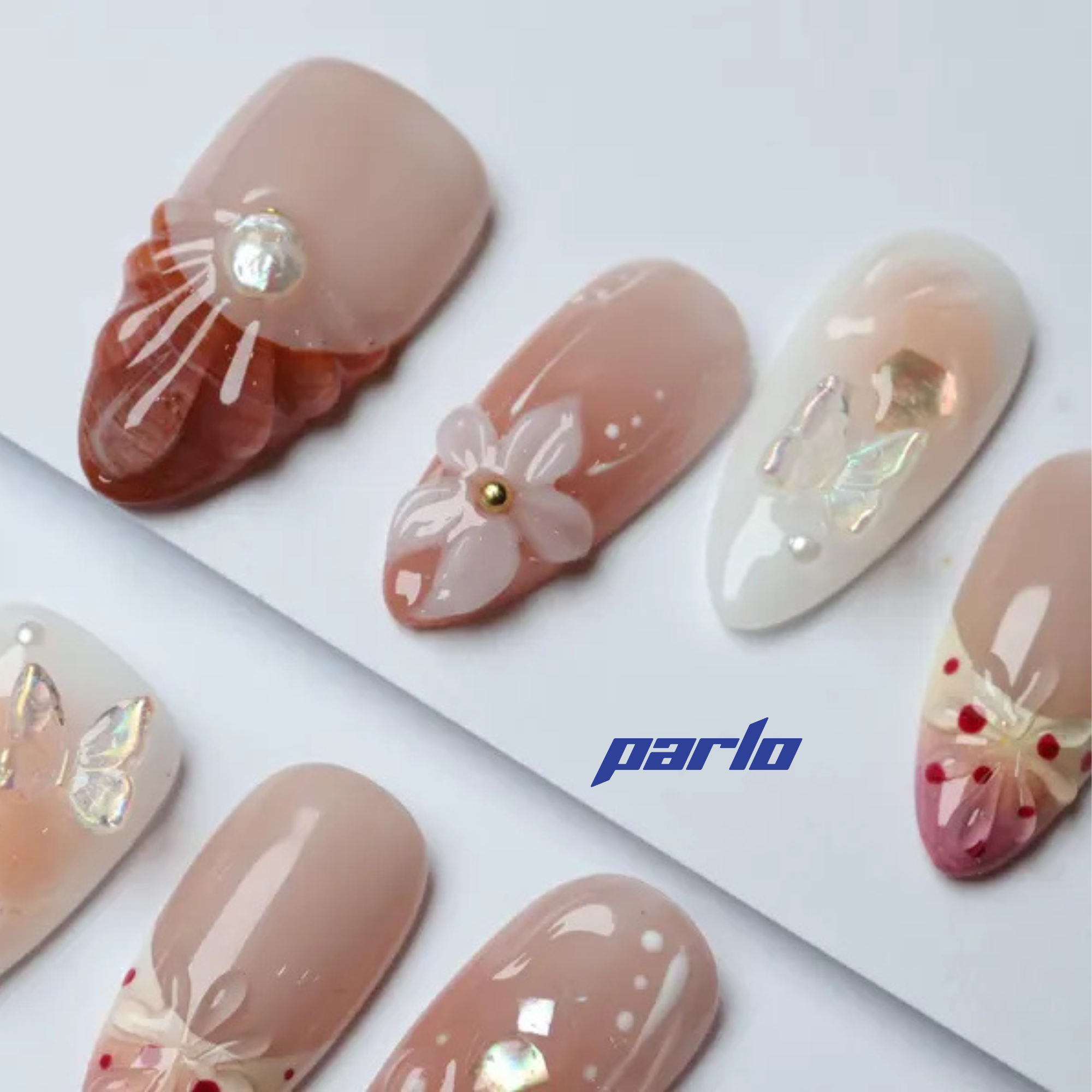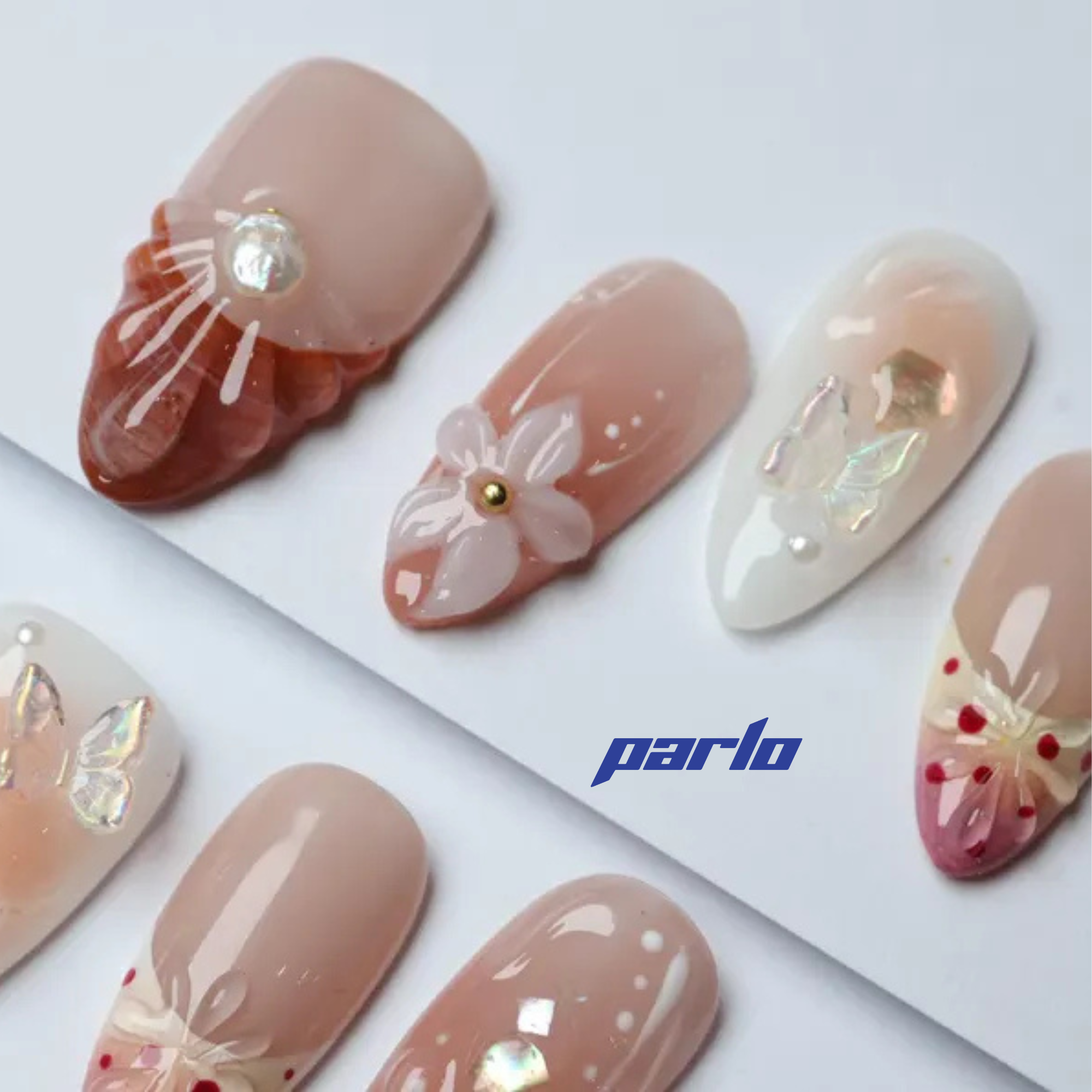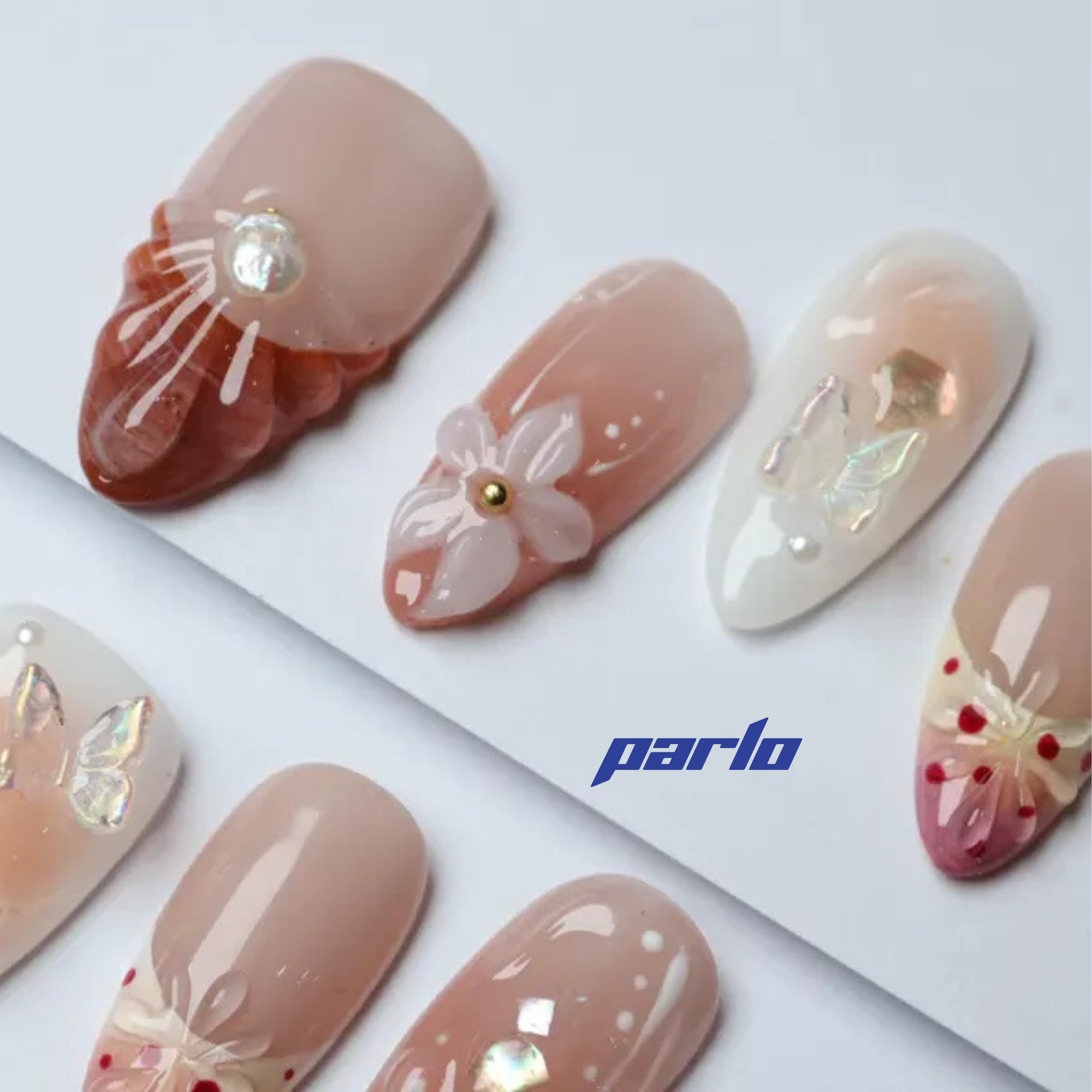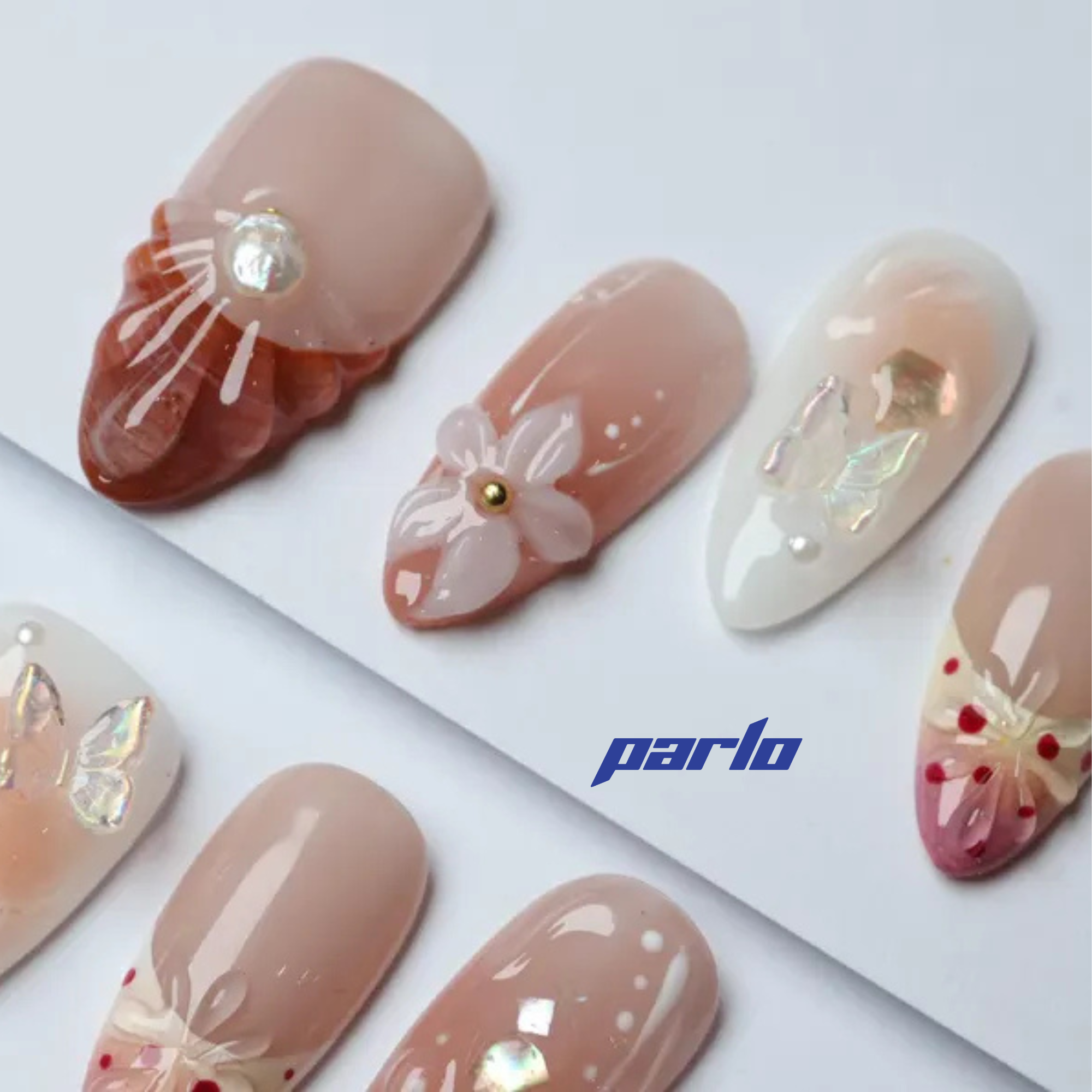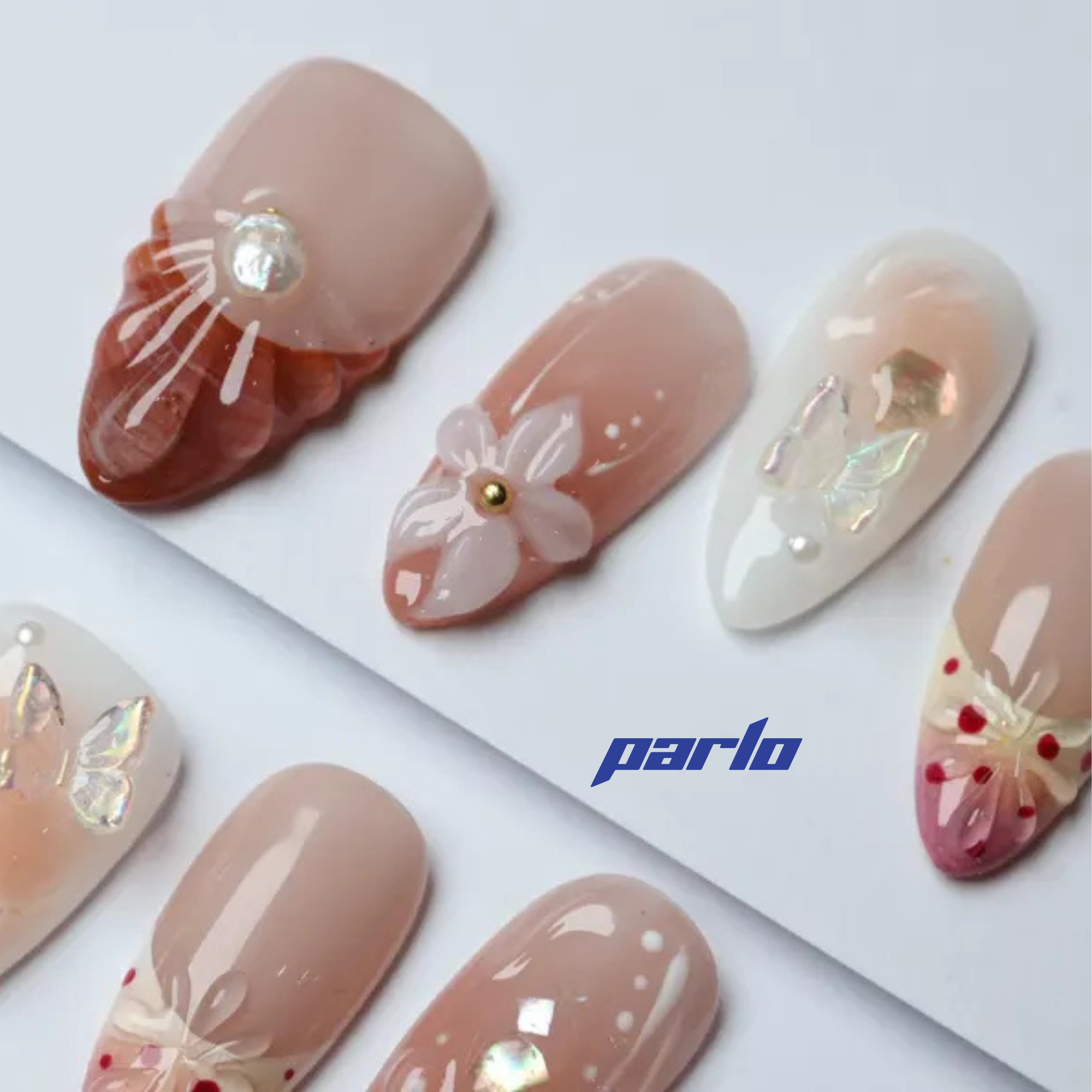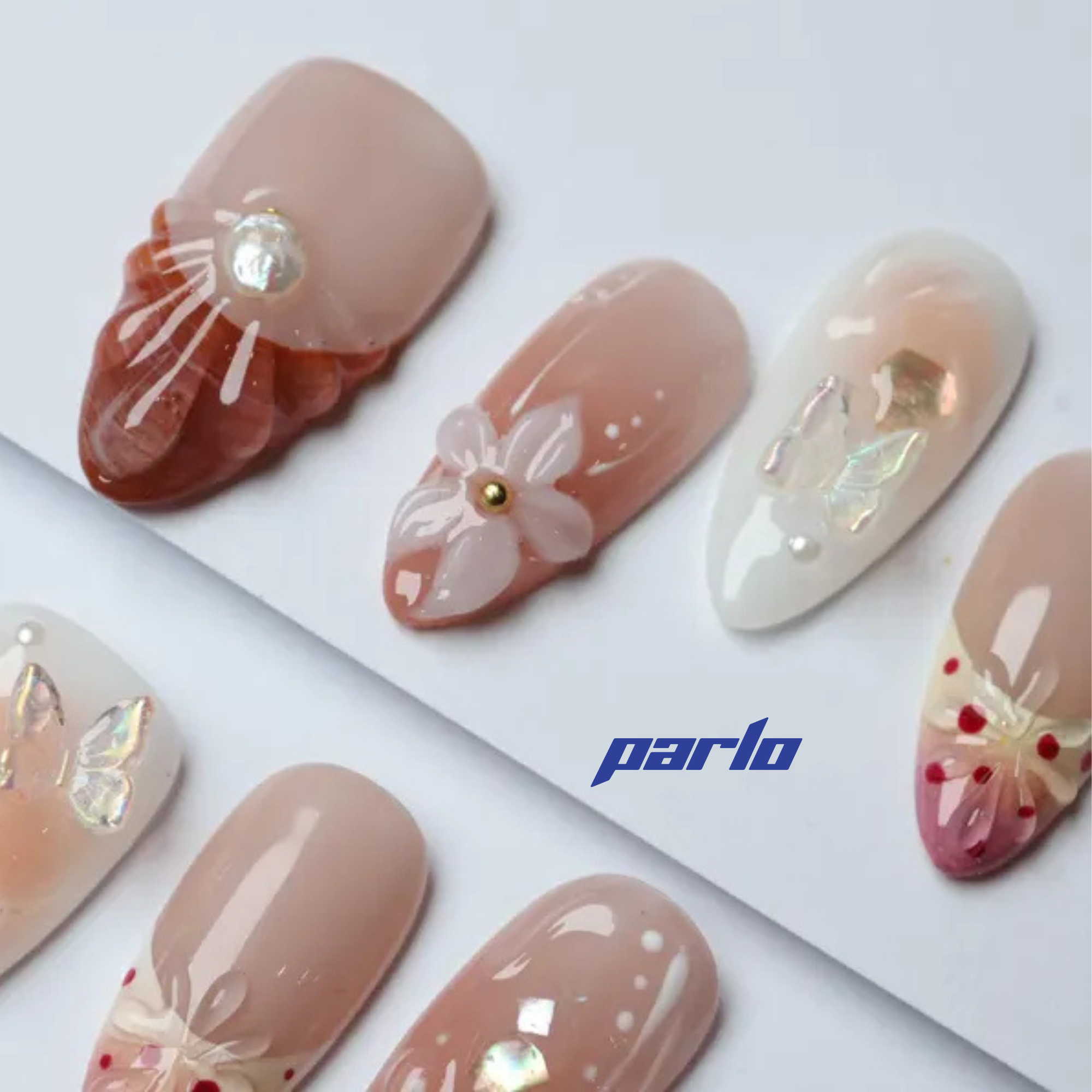Tanning Oil: How Bad Is It, Really? Dermatologists Weigh In
The allure of a sun-kissed glow is undeniable. But at what cost? Tanning oil promises to accelerate the tanning process, but dermatologists warn that the risks often outweigh the benefits. Let's delve into the reality of tanning oil and explore safer alternatives for achieving that coveted summer look.
The Truth About Tanning Oil and Sun Damage
Most tanning oils contain little to no SPF (Sun Protection Factor). This means your skin is directly exposed to harmful UVA and UVB rays. UVA rays penetrate deep into the skin, causing premature aging, wrinkles, and sunspots. UVB rays are responsible for sunburns and play a significant role in the development of skin cancer. Using tanning oil without adequate sun protection is essentially inviting skin damage.
Furthermore, some tanning oils contain ingredients that can further sensitize your skin to the sun, making you even more vulnerable to burns and long-term damage. Dermatologists universally advise against using tanning oils without a broad-spectrum sunscreen of at least SPF 30 applied underneath. Even then, frequent reapplication is crucial, especially after swimming or sweating.
The Link Between Tanning Oil and Skin Cancer
The more you expose your skin to UV radiation, the higher your risk of developing skin cancer, including melanoma, the deadliest form of skin cancer. Tanning oils, by intensifying UV exposure, directly contribute to this risk. Dermatologists consistently emphasize that there is no such thing as a "safe tan." Any change in skin color due to sun exposure indicates DNA damage.
Consider this: even one blistering sunburn can significantly increase your lifetime risk of melanoma. Using tanning oil to achieve a darker tan drastically increases your chances of sunburn and subsequent skin cancer development. Check out this product! It is crucial to prioritize skin health over a temporary tan.
Safer Alternatives for a Sun-Kissed Glow
Fortunately, there are many safer ways to achieve a tan without risking your skin's health. Self-tanners, also known as sunless tanning lotions or sprays, are a great option. These products contain dihydroxyacetone (DHA), a non-toxic ingredient that reacts with the amino acids in the skin's surface to create a temporary tan. Look for self-tanners that are fragrance-free and non-comedogenic to minimize the risk of irritation.
Another option is to use tinted moisturizers or bronzers. These products provide a subtle, natural-looking tan that can be easily washed off. They are also a good choice for those who want to avoid the commitment of a self-tanner. Remember to always apply sunscreen, even when using self-tanners or bronzers. These are great to wear on your sun-safe vacation!
Dermatologist Recommendations and Final Thoughts
Dermatologists overwhelmingly recommend avoiding tanning oils altogether. The risks of skin damage, premature aging, and skin cancer far outweigh the temporary aesthetic benefits. Instead, opt for safer alternatives like self-tanners, tinted moisturizers, and bronzers. And most importantly, always wear broad-spectrum sunscreen with an SPF of at least 30, regardless of whether you're using tanning products or not. Protecting your skin is an investment in your long-term health and well-being.
Call to Action: Explore our sunless tanning options for a safe and beautiful glow! Visit our store!
Generated from keyword: "How Bad Is Tanning Oil, Really? Dermatologists Weigh In"




